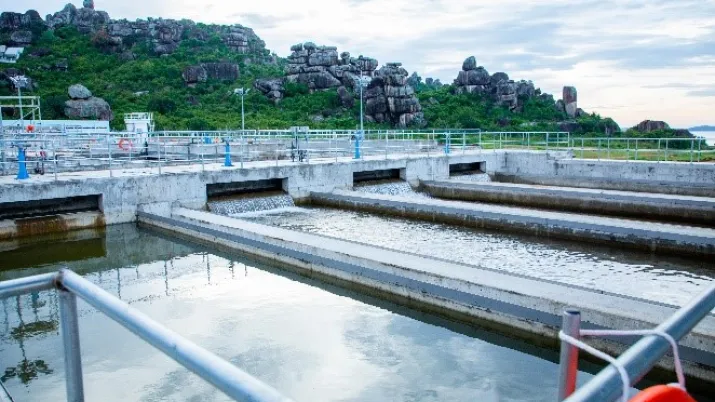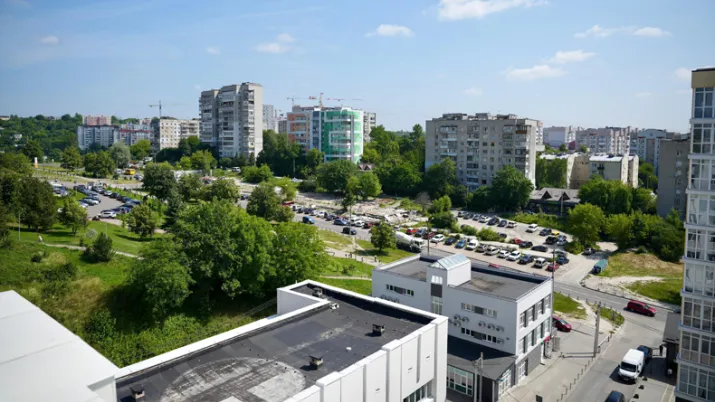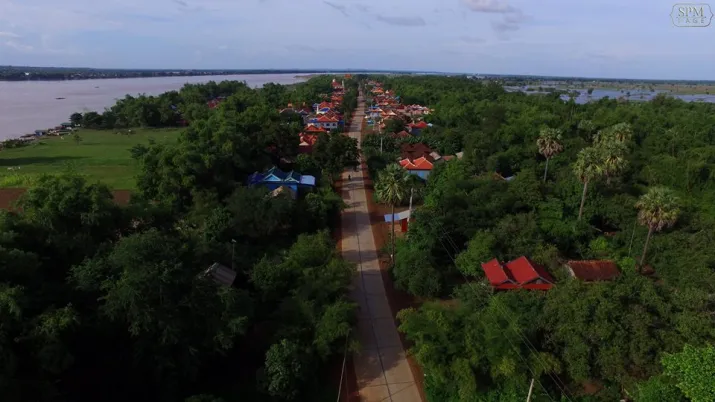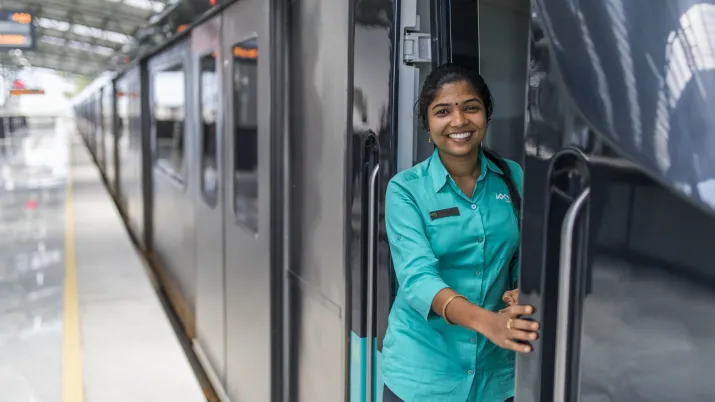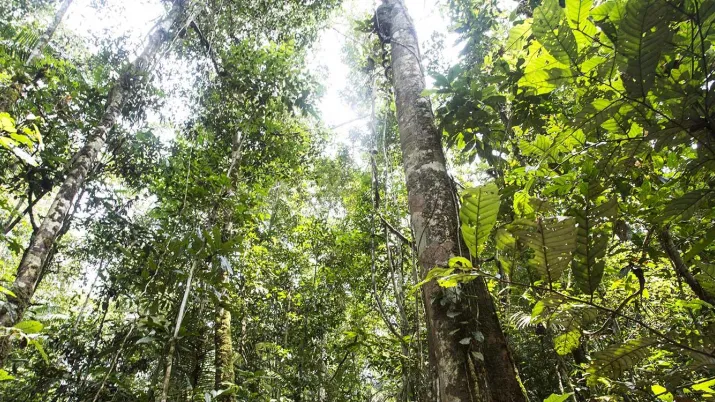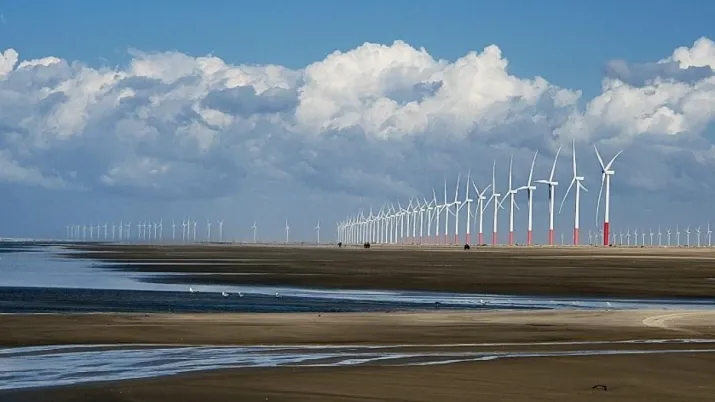Share the page
Building sustainable transport systems for a growing city
Project
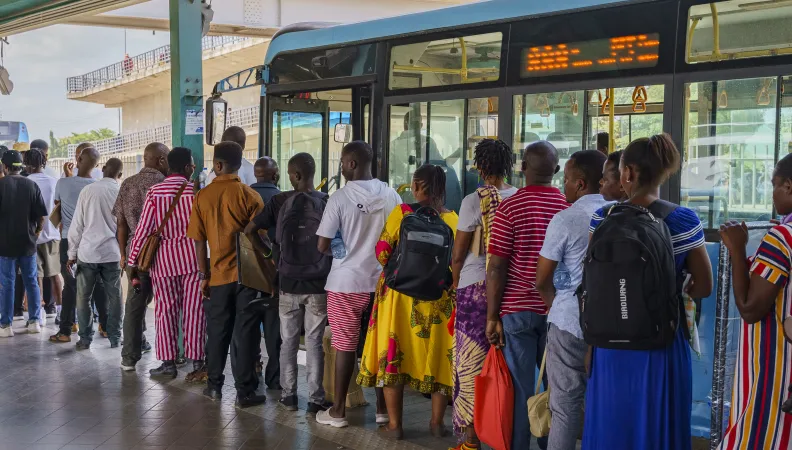

-
Project start date
-
Status
Ongoing
-
Project end date
-
-
Project duration
-
5 years
-
AFD financing amount
-
€ 178 000 000
-
Country and region
-
Location
-
Dar es Salaam
-
Type of financing
-
Beneficiaries
-
Ministry of Finance (MoF)
-
Type of beneficiary
-
Public or semi-public financial institution
AFD is supporting the Government of Tanzania in its efforts to build a sustainable urban transport system in Dar es Salaam by financing the construction and commissioning of phase 5 of the BRT network by 2027.
Context
Tanzania’s primary city — Dar es Salaam is among the fastest growing city in Africa and accounts for around 40% of the urban population of Tanzania. Currently the population is estimated at 5 million inhabitants and is expected to become a mega city with 6.2 million people by 2025 and more than 10 million people by 2030.
Although 43% of daily commutes use public transport, the current system and infrastructure are quite limited, with a low number of available buses and a lack of formal schedules to allow commuters to plan their journeys. This market gap is filled by privately owned “Daladalas” (minibus taxis), which currently provide the bulk of public transport in the city.
Having realized the need for improved public transport, the City begun implementing a citywide bus rapid transit (BRT) system sequentially in six phases for a total of 140.1 km of BRT corridors.
Description
The BRT phase 5 project aims to decongest Dar es Salaam by improving the flows of transport through the following actions:
- Construction of a total of 27.6 km roads from Ubungo junction to Dar es Salaam Port, branch from Tabata to Segerea through Nelson Mandela road to Kigogo and from Veterinary to Mbagala;
- Construction of 36 BRT stations, as well as the construction of 7 feeder transfer stations and the commissioning of 6 feeder routes.
The construction of the infrastructures will be implemented by TANROADS and the operations and systems will be implemented by DART.
The objective is to be able to transport 12 000 to 20 000 passengers per hour and per direction (PPHPD) at peak hour, depending on the section of the corridors.
At least 30% of new drivers will be women through a special program to motivate women bus drivers to get trained (approx. 100 were trained in Phase 1 operations, out of which 30 were recruited). Some of the buses will be modified to accommodate disabled, pregnant women, and elderly persons.
Impacts
The project will have the following impacts:
- Save the time & money of over 400,000 commuters riding on the transit system every day by reducing travel times from 2-3 hours to 45 minutes, thus improving people's access to economic and social opportunities;
- Offer residents of Dar es Salaam a quality transport service combining comfort, speed, safety at a competitive price;
- Improve the quality of life in the city by improving air quality through the introduction of less polluting vehicles;
- Reduction of transport carbon footprint by over 70,000 tCO2eq /year avoided over 30 years.




